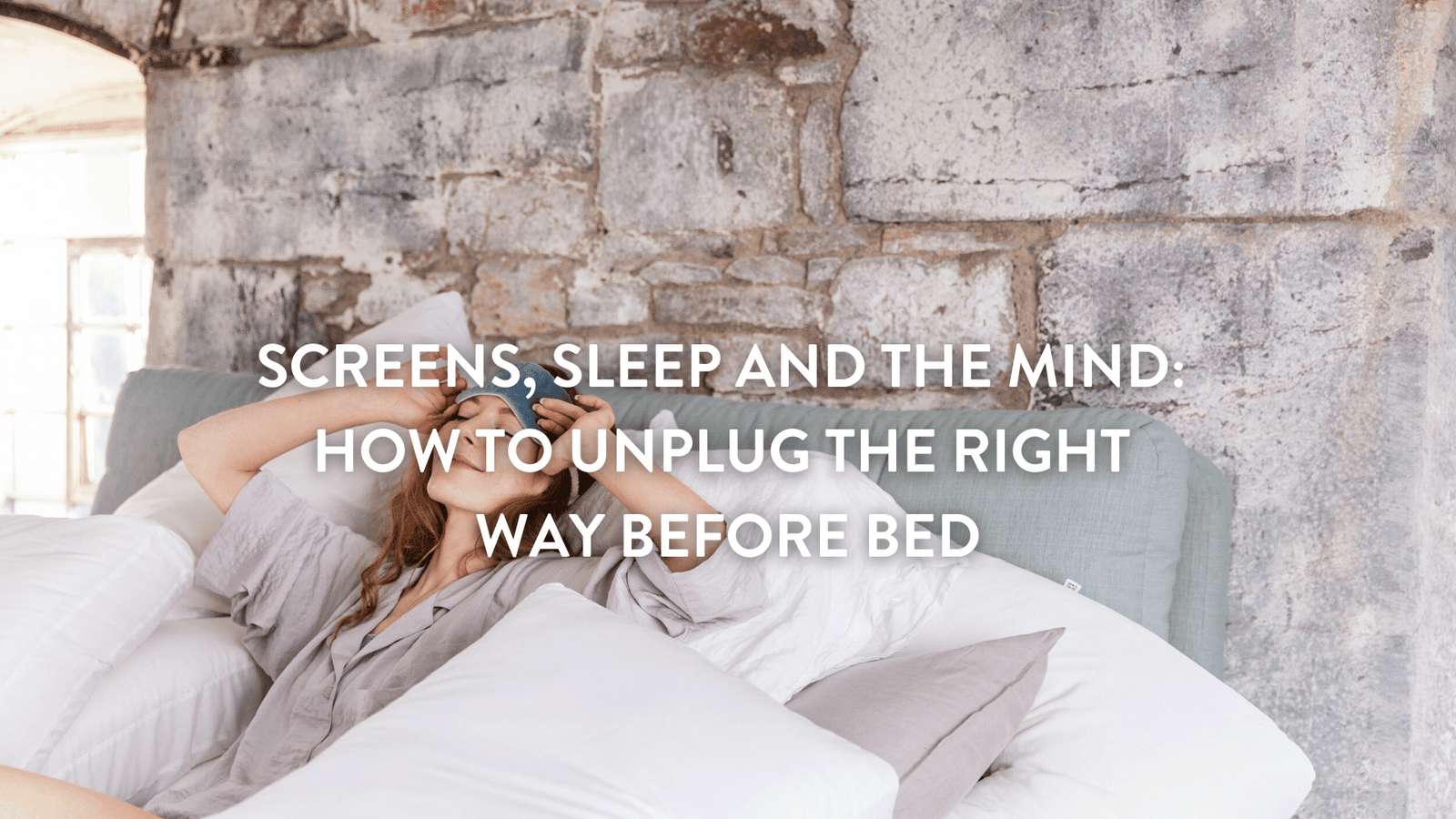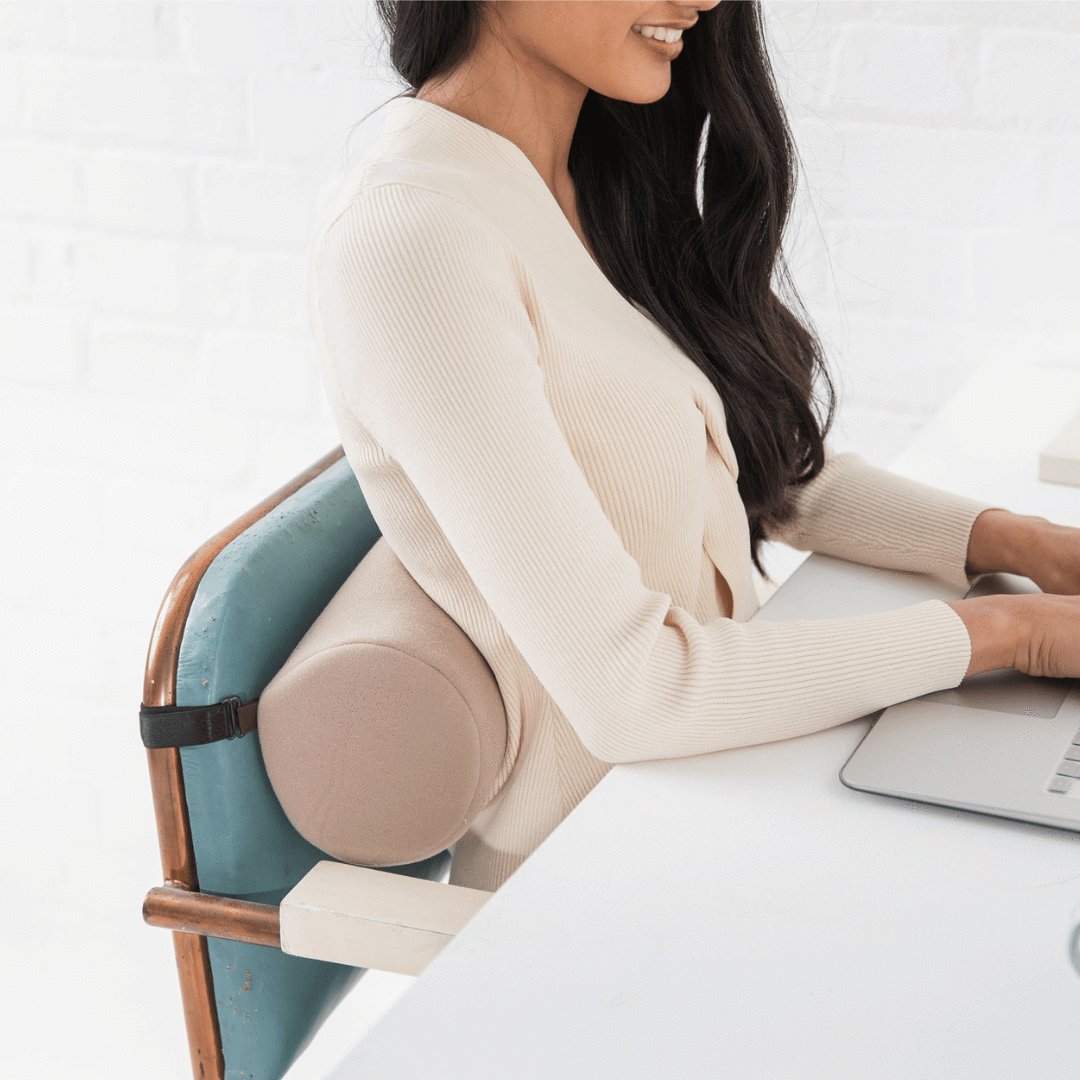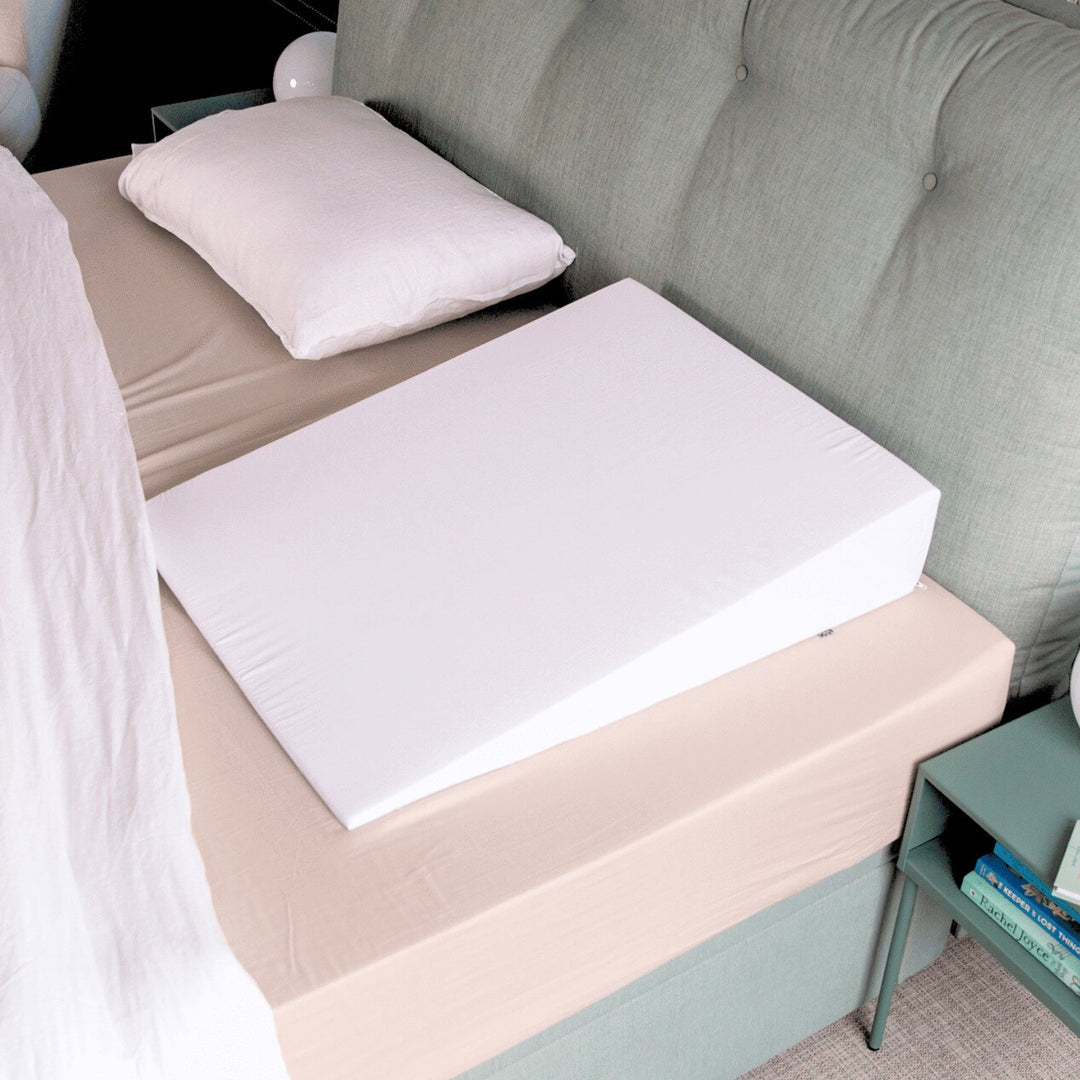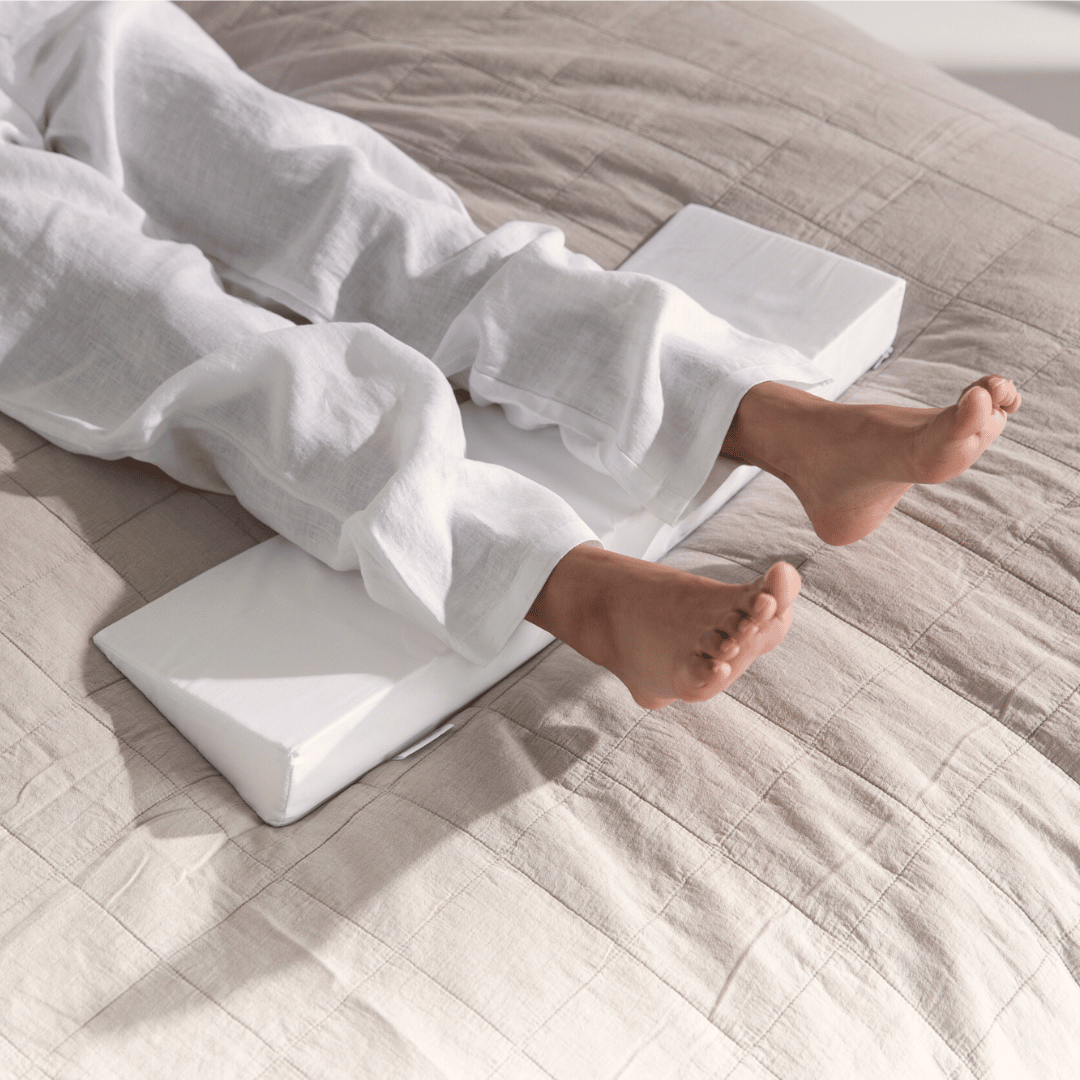
Screens, Sleep and the Mind: How to Unplug the Right Way Before Bed
Modern lifestyles are glued to screens. From work emails to late-night social media scrolling, screens have become an unavoidable part of our day. But this overdependence comes at a cost, especially when it comes to getting a good night's sleep. If you've found yourself lying awake, staring at the ceiling after a late Netflix binge or online shopping spree, you're not alone.
This guide explores the intricate relationship between screens and sleep, the science-backed consequences of blue light exposure, and simple, effective strategies to unplug before bedtime.
With better screen habits, you can pave the way to improved sleep and, ultimately, a healthier mind and body.
Why Screens Disrupt Your Sleep
When it comes to screens and sleep, convenience often trumps caution.
But did you know that using screens right before bed can disrupt your entire sleep cycle? Screens emit blue light, a high-energy visible light that directly affects melatonin production.
Melatonin is the hormone that tells your body it's time to sleep.
Using screens during the evening essentially tells your brain to stay awake when it should be winding down. That midnight TikTok scroll or late-night email check could translate to restless nights and groggy mornings.
To make matters worse, the content we consume on screens often overstimulates the brain. Dopamine hits from social media notifications and gaming, or the cognitive engagement of responding to work emails, keeps your mind alert and potentially anxious.
Symptoms of Screen-Induced Sleep Issues
- Difficulty falling asleep
- Waking up frequently at night
- Feeling tired and restless despite spending enough time in bed
- Increased irritability and trouble focusing the next day
Understanding Blue Light and the Brain
Why is blue light such a sleep disruptor?
Here's the science behind it.
Blue light has a short wavelength, which means it enhances alertness and suppresses the release of melatonin. According to research from The Sleep Foundation, exposure to blue light before bedtime can delay natural sleep onset by up to 90 minutes.
But it’s not just your phone or TV. Household LED lighting, e-readers, or even your computer screen can contribute to this issue. When exposed to these artificial light sources, your brain associates the blue light with daytime, interrupting your natural circadian rhythm.
Avoiding the Traps of Mental Stimulation
Beyond blue light, screens also provide cognitive stimulation, which can make sleep elusive. Watching an intense TV series, participating in virtual debates, or playing online games gives the brain an adrenaline-like surge, making it harder for your mind to enter a relaxed state. Add the release of dopamine from "likes" and messages, and suddenly your brain is in overdrive.
Studies even show connections between nighttime screen use and long-term effects like poor memory and reduced focus due to chronic sleep deprivation.
See also - The Silent Healer: Understanding Sleep's Role in Mental Health Recovery
Tips to Unwind Without Your Phone
Breaking the "screen before bed" habit can feel daunting, but these practical strategies will help you establish healthier nighttime habits.
1. Set a Digital Curfew
Set a specific time to turn off screens. Ideally, aim for at least one hour before bedtime. Use this time to start winding down and telling your body it’s time to rest.
2. Develop a Screen-Free Nightly Routine
Replace screen time with relaxing activities like:
- Reading a favourite physical book (no e-readers!)
- Journaling your thoughts or creating a to-do list for the next day
- Meditating or practising light yoga
- Taking a warm bath paired with calming essential oils
3. Ditch Screens in the Bedroom
Keep the bedroom a no-tech zone. Charge your devices outside the room and invest in a classic alarm clock to wake up without scrolling first thing in the morning.
4. Use Blue Light Blocking Solutions
If cutting evening screen use isn’t an option, reduce blue light exposure by enabling the "Night Shift" mode on your devices or wearing blue-light-blocking glasses.
See also - Your Guide to Healthy Sleep Habits and Finding Your Ideal Sleep Position
Products That Support Screen-Free Sleep
Creating a calm, screen-free sleep environment is essential for winding down. This is where high-quality, comfort-focused products can make all the difference.
1. Relax with Putnams Wedge Pillows
If you enjoy nighttime reading, ditch the screens and cosy up with a Putnams wedge pillow. Designed to offer proper ergonomic support, it keeps your posture aligned and allows for comfortable, screen-free entertainment.
2. Upgrade to a Memory Foam Sleep Surface
Uncomfortable beds are an underrated sleep disrupter. Optimise your rest with Putnams' memory foam mattress toppers, which conform to your body to reduce pressure points and encourage deep, uninterrupted sleep.
3. Ending the Day Comfortably
For those who enjoy journaling or light work before bed, an ergonomic posture-focused chair from Putnams seating solutions can make this process more soothing and less physically demanding.
Creating a Calming Sleep Environment
Beyond unplugging from screens, your bedroom environment plays a significant role in how easily you can fall asleep.
Steps for a Sleep-Supportive Space
- Dim the Lights
Switch to warm, low-luminance bulbs to mimic the natural reduction of daylight.
- Temperature Matters
Keep your room cool (around 16-18°C) for optimal sleep.
- Add Calming Scents
Use lavender diffusers or candles to promote relaxation.
- Invest in High-Quality Bedding
A key to improving your sleep quality is using breathable, plush sheets and supportive pillows.
Bonus Tip
Use calming white noise to block out unwanted sounds, especially if you live in a noisy area.
See also - Wake Up to Wellness: 12 Unexpected Benefits of Getting Enough Sleep
The Benefits of a Screen-Free Wind-Down Routine
When you prioritise sleep and develop habits to reduce screen use, the benefits are undeniable. Here’s what you gain from screen-free sleep habits that truly work.
- Improved Sleep Quality
Reduced blue light exposure allows melatonin levels to rise naturally, enabling deeper sleep.
- Sharper Cognitive Function
Proper rest improves memory and decision-making for an overall sharper mind.
- Stable Mood and Mental Health
With better sleep, you're less likely to feel irritable or anxious.
See also - The Science of Sleep: How Understanding Your Sleep Cycle Can Improve Your Health
Learn How to Sleep Without Screens
Healthy sleep habits are ultimately about sustainable choices. By rethinking your nightly routines and creating a restful environment with the right tools, you can reclaim your evenings, one screen-free moment at a time.
Check out our range of Putnams products for ergonomic comfort, or connect with one of our wellness specialists today.
Shop Now and make restful nights your new normal.
















Laissez un commentaire